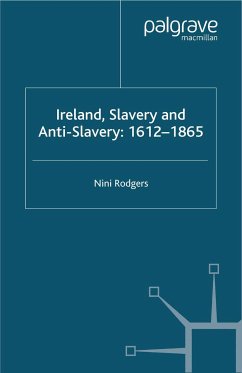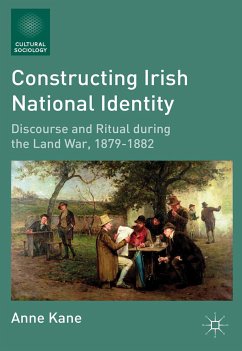
Defining a British State (eBook, PDF)
Treason and National Identity, 1608-1820
Versandkostenfrei!
Sofort per Download lieferbar
72,95 €
inkl. MwSt.
Weitere Ausgaben:

PAYBACK Punkte
36 °P sammeln!
Explores the formation of the British state and national identity from 1603-1820 by examining the definitions of sovereignty and allegiance presented in treason trials. The king's person remained central to national identity and the state until republican challenges forced prosecutors in treason trials to innovate and redefine sovereign authority.
Dieser Download kann aus rechtlichen Gründen nur mit Rechnungsadresse in A, B, BG, CY, CZ, D, DK, EW, E, FIN, F, GR, HR, H, IRL, I, LT, L, LR, M, NL, PL, P, R, S, SLO, SK ausgeliefert werden.












